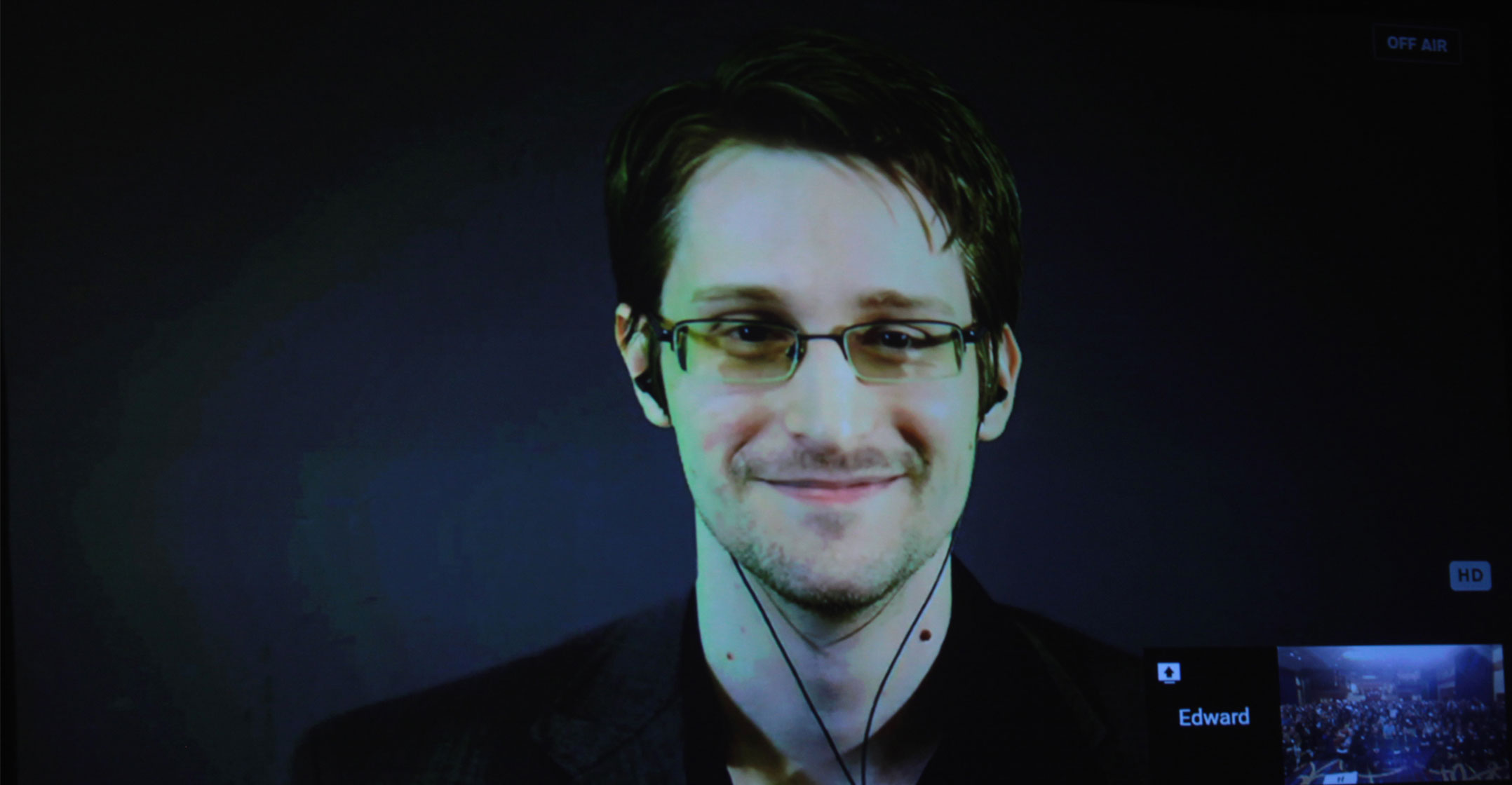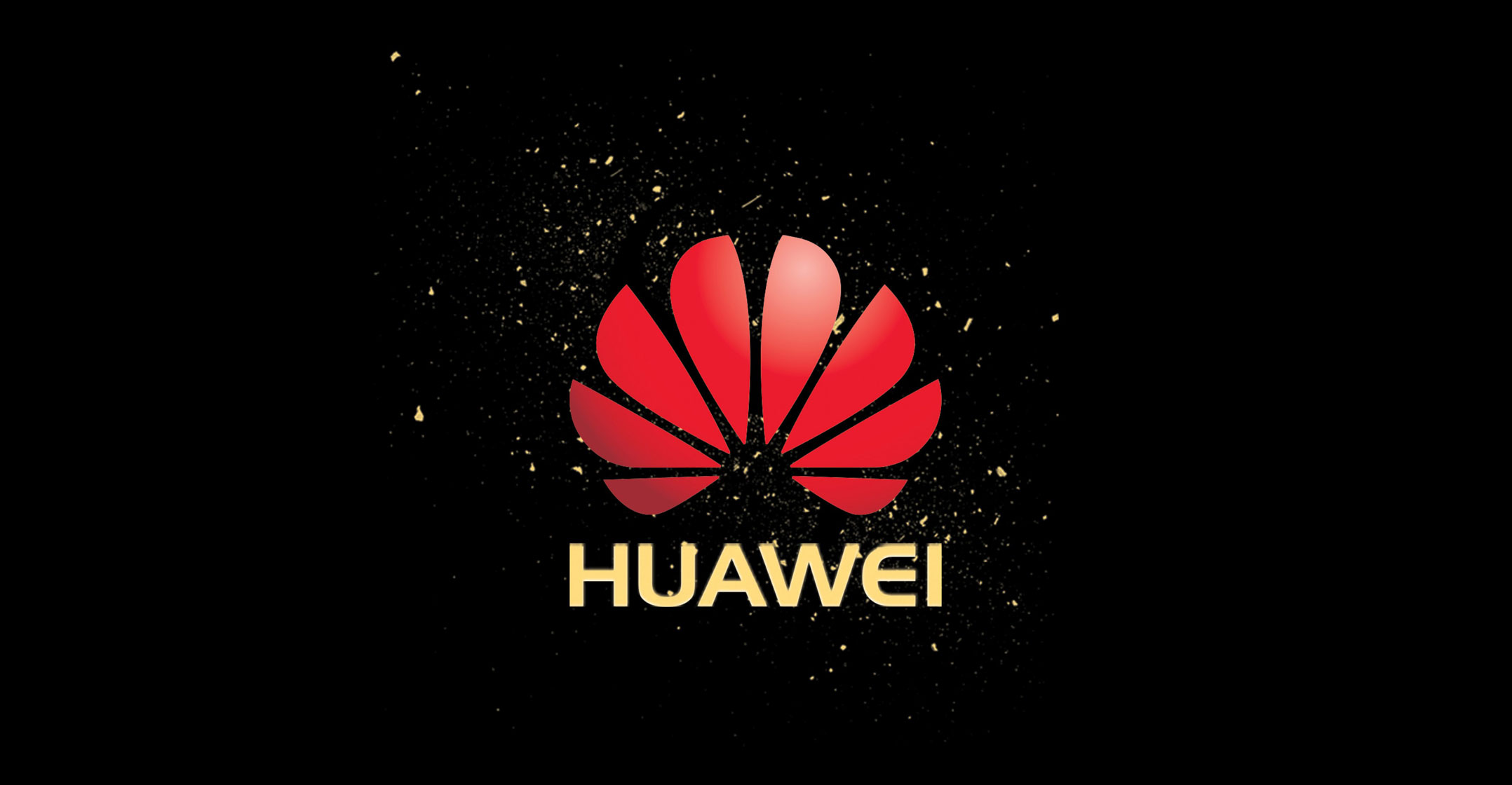
The US government and Huawei Technologies are grappling for airtime in a war of words over network security at the phone industry’s biggest trade show.
Telecommunications carriers at MWC Barcelona are stuck in the middle of the conflict, which has become a lightning rod for the broader trade war between China and the US. Half way through the conference on Tuesday, both sides laid out their strongest arguments.
The Donald Trump administration called on executives and governments to shun Huawei and its Chinese peers when building new networks. Robert Strayer, who leads cybersecurity policy at the US state department, said American officials have “substantial concerns” over state-ordered spying, in a briefing with journalists.
“Chinese law requires these firms to support and assist Beijing’s vast security apparatus,” Strayer said. The US has made “great progress” talking to governments about the need to build secure networks, he said.
Earlier in the day, Huawei’s rotating chairman, Guo Ping, delivered what might have been his boldest defence yet to US accusations that the Shenzhen-based company’s products could be used for espionage. The US had “no evidence, nothing” to back those claims, Ping told a a packed main auditorium.
Ping even went on the offensive, pointing to a US federal law that compels US tech companies to provide law enforcement officials with requested data stored on servers — even if they’re located on foreign soil.
“Prism, prism on the wall, who is the most trustworthy of them all?” Ping asked, drawing laughter and scattered applause. “It is a very important question and if you don’t answer that, you can go and ask Edward Snowden.”
One voice
Snowden, a former National Security Agency subcontractor, leaked documents revealing the NSA’s use of US-made telecoms equipment for spying.
Carriers including Deutsche Telekom, Telefonica and Vodafone Group have used Huawei’s equipment for years and they’re about to spend billions of dollars on building 5G wireless networks. So at MWC Barcelona, phone executives are trying to speak with one voice, warning that they need access to several suppliers and that banning Huawei risks delaying 5G in the region.
Vodafone CEO Nick Read, speaking on stage Monday, said carriers need “a degree of choice” when buying equipment. In an interview, Orange’s chief technology and innovation officer and deputy CEO, Mari-Noelle Jego-Laveissiere, said that any ban on the Chinese company’s equipment would be “damaging” for the region.
 It isn’t clear how much of an impact the US delegation is having. Vodafone’s Read said on Monday he had no meeting planned with US officials on Huawei and would rather talk to national regulators if needed. Deutsche Telekom board member Claudia Nemat said she hadn’t been approached by the US for meetings.
It isn’t clear how much of an impact the US delegation is having. Vodafone’s Read said on Monday he had no meeting planned with US officials on Huawei and would rather talk to national regulators if needed. Deutsche Telekom board member Claudia Nemat said she hadn’t been approached by the US for meetings.
For the state department’s Strayer, the choice facing Europe’s carriers is easy.
“There are plenty of options in the West that don’t have these types of risks,” he said, citing Cisco Systems, Ericsson, Nokia and Samsung Electronics. “Do you want to have a system that’s potentially compromised by the Chinese government, or would you rather go with the more secure alternative?” — Reported by Stefan Nicola, Rodrigo Orihuela and Marie Mawad, (c) 2019 Bloomberg LP




